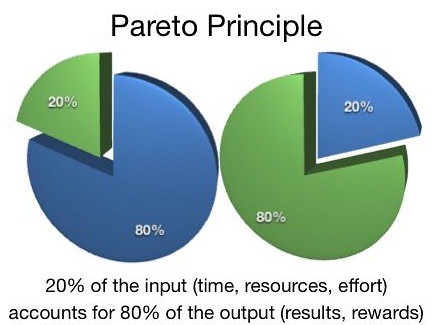You are going to die. I am going to die. We are going to die. Tunga and I were just watching "What About Bob?" and there is this wonderful scene where a young boy named Siggy talks to Bob and says these lines. Bob, played by Bill Murray, is terrified. He already has a wide range of psychological problems which he feels define him, but this is a bit too much for him to handle. The look in his eyes is hilarious but understandable, it’s the same look that many people have when they consider the idea. You are going to die.
That’s the fact though, isn’t it? It’s not like it’s a surprise to us. It’s a part of life we can all count on, the end part. And it’s also not surprising to us that we probably won’t know when it’s going to happen. One moment we will be breathing, the next moment we won’t. It might happen in a car, in a plane, at the breakfast table, walking down the street, who knows. Very, very rarely do we have any clue when we will die. So, we know it will happen, we know we probably can’t predict when, and yet we prefer not to think about it. Why in the world would we prefer not to think about it?
I like to think the more we think about it, the better we begin to live our lives. If you consider the possibility that you will die next week, petty frustrations become obvious, life becomes less of a bother and every interaction becomes more precious. As Michael Singer writes in The Untethered Soul, a wonderful book I highly recommend,
"Let’s say you’re living life without the thought of death, and the Angel of Death comes to you and says, “Come on, it’s time to go,” You say, “But no. You’re supposed to give me a warning so I can decide what I want to do with my last week. I’m supposed to get one more week.” Do you know what Death will say to you? He’ll say, “My God! I gave you fifty-two weeks this past year alone. And look at all the other weeks I’ve given you. Why would you need one more? What did you do with all those?” If asked that, what are you going to say? How will you answer?"
 Since joining Peace Corps I have started to take my life a lot less for granted. I regularly reflect on the idea that today could be the last day, remember that I probably won’t know when it’s going to happen, and try to live the best I can and not spend too much time on the small stuff.
Since joining Peace Corps I have started to take my life a lot less for granted. I regularly reflect on the idea that today could be the last day, remember that I probably won’t know when it’s going to happen, and try to live the best I can and not spend too much time on the small stuff.The end of the scene in “What About Bob?” is fitting. After accepting that they are going to die, Bob and Siggy wake up the entire family by jumping up and down on their beds (they are bunking together that night) while screaming profanities at each other pretending to have tourette syndrome and laughing about how life could be worse. It could be over after all.








